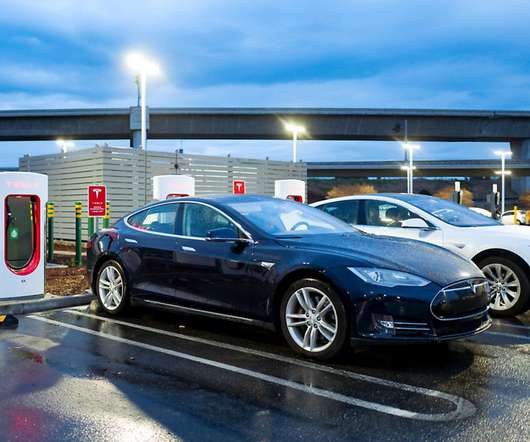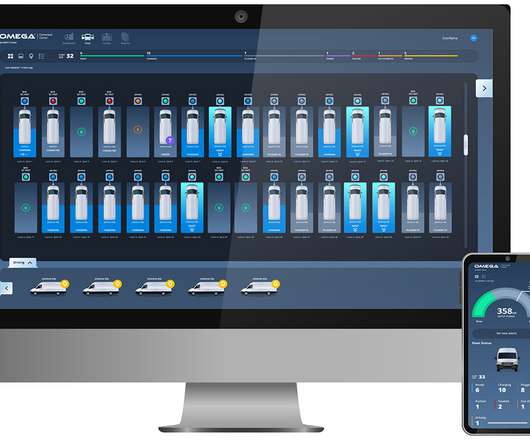EEA: Fuel efficiency improvements of new cars in Europe slowed in 2016
Green Car Congress
APRIL 20, 2017
The EU remains well below its target of 130 g CO 2 /km set for 2015; however, compared to 2016, annual improvements in vehicle efficiency need to increase significantly in each of the coming five years in order to achieve the second average emissions target of 95 g CO 2 /km by 2021. Source: EEA. Click to enlarge. With an average of 118.1


































Let's personalize your content